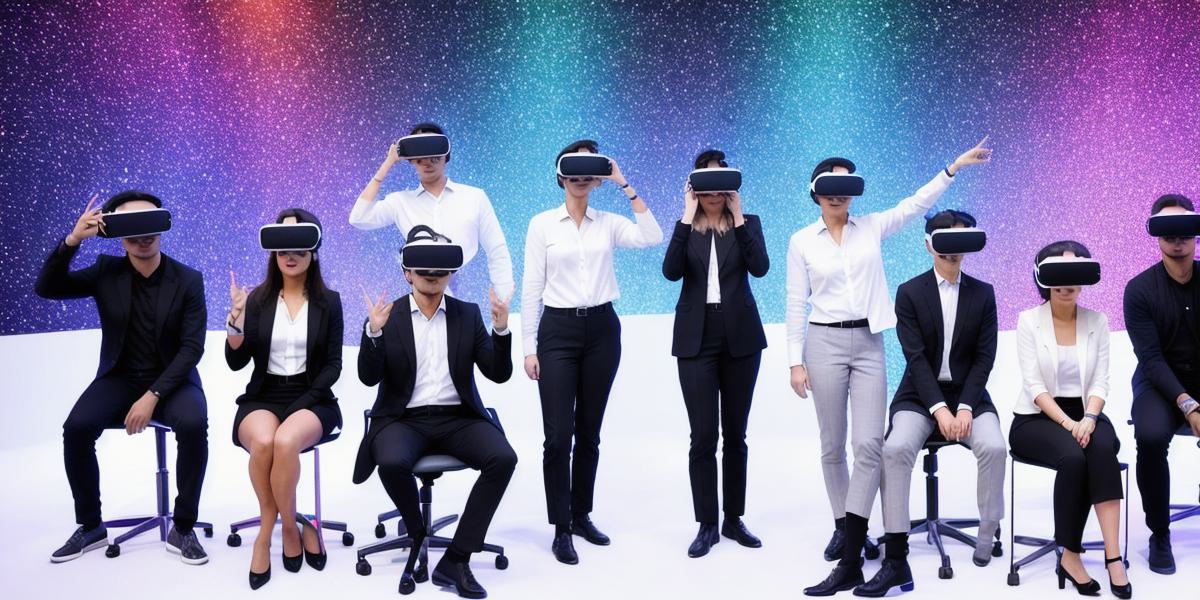Virtual Reality (VR) technology has been around for a while, but it’s only recently that it has become mainstream and accessible to a wider audience. In this article, we will explore how VR is affecting us in various aspects of our lives, specifically in education and training.
One of the most significant benefits of VR technology is its ability to provide immersive and interactive experiences. It allows students and learners to practice skills in a safe and controlled environment without any physical risks. For instance, medical students can simulate surgeries, while pilots can practice flying without leaving the ground. This technology has opened up new possibilities for training and education that were previously unimaginable.
Another area where VR is making a significant impact is in e-learning. With VR, learners can interact with virtual objects, environments, and characters, making the learning experience more engaging and memorable. It also eliminates geographical barriers, allowing students from different parts of the world to access education that was previously only available locally.
Moreover, VR technology has been proven to enhance cognitive abilities such as memory, attention, and problem-solving skills. Research studies have shown that learners who use VR technology perform better than those who use traditional learning methods. For example, a study conducted by the University of Maryland found that students who used VR technology in their chemistry lessons had a 30% better retention rate compared to those who used conventional teaching methods.
Moreover, VR technology has the potential to revolutionize the way we learn and interact with each other. It can provide students with virtual experiences that simulate real-life scenarios, allowing them to practice their social skills in a safe and controlled environment. For instance, a student can practice negotiating or interviewing in a virtual setting, which can help them build confidence and improve their communication skills.
In conclusion, VR technology has the potential to transform the way we learn and interact with each other. Its ability to provide immersive and interactive experiences makes it an ideal tool for education and training. With the growing popularity of VR technology, we can expect to see more innovative applications in this field in the future.
